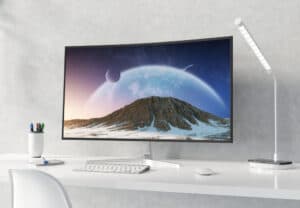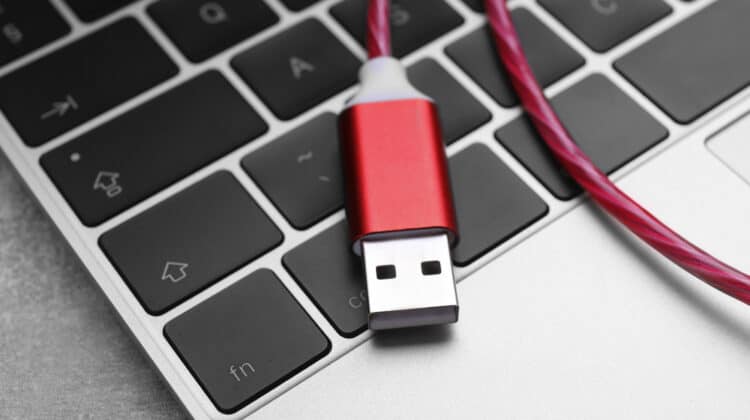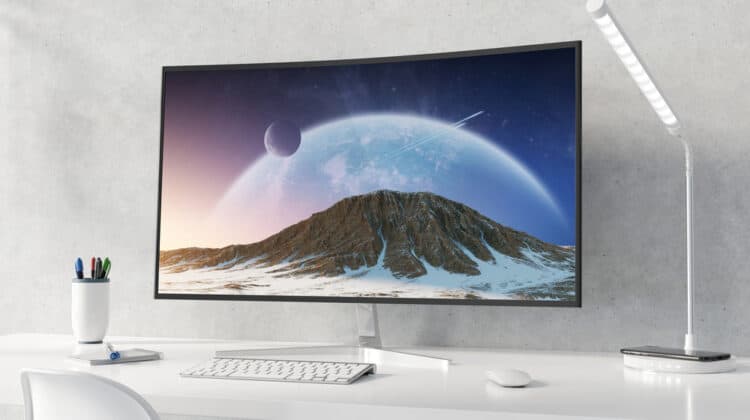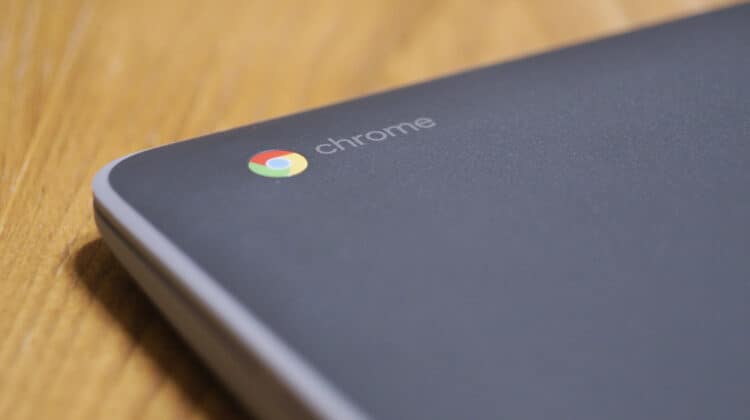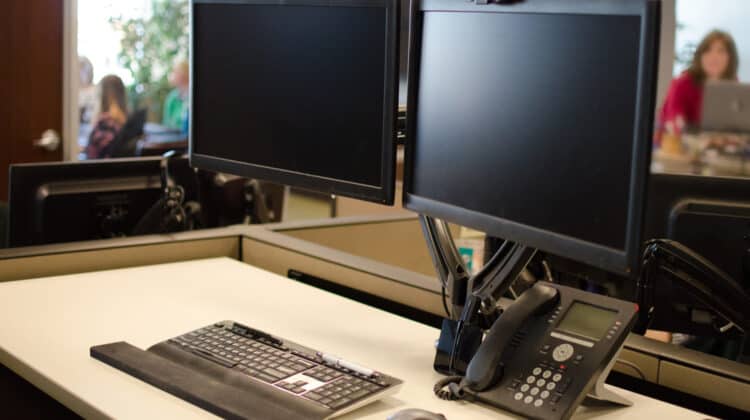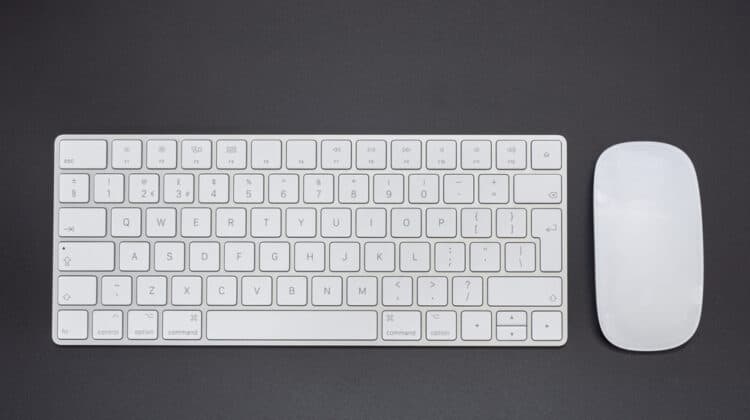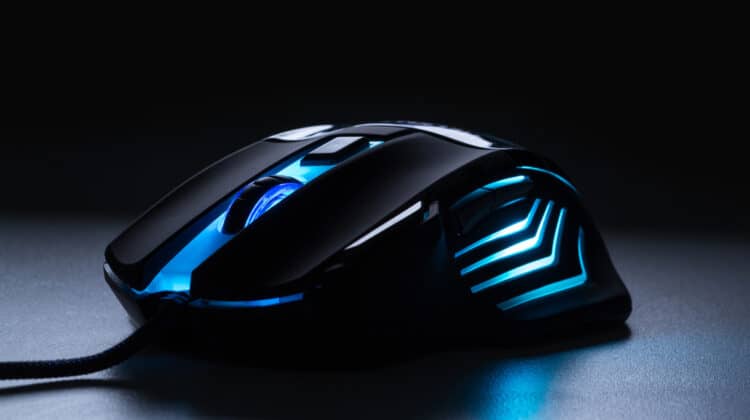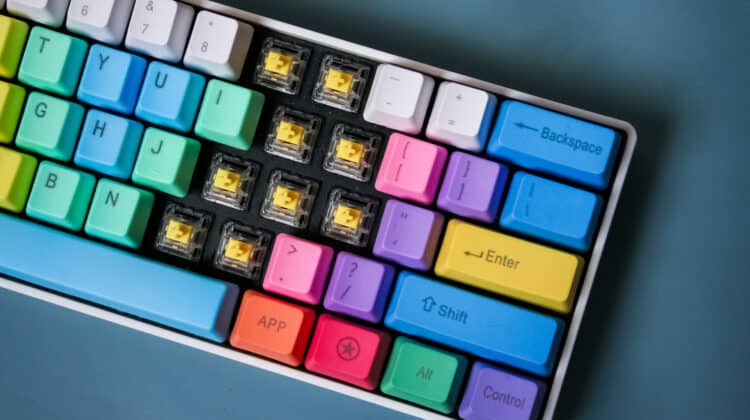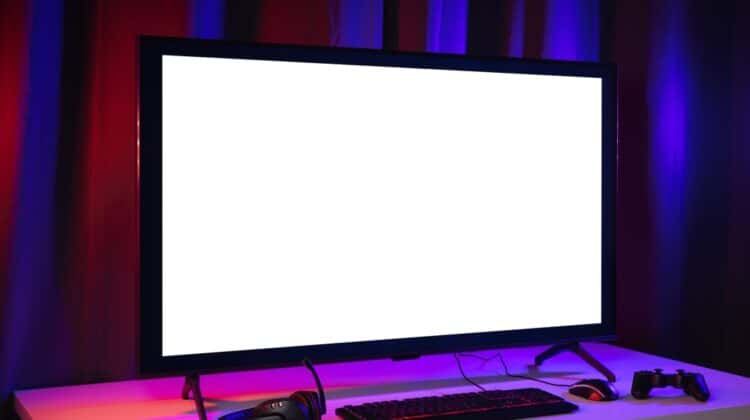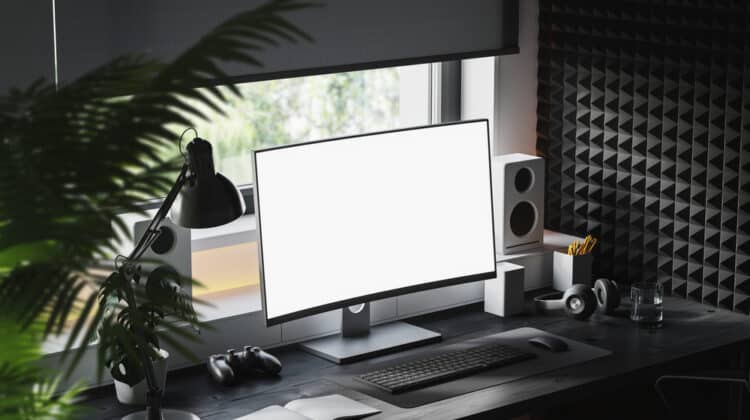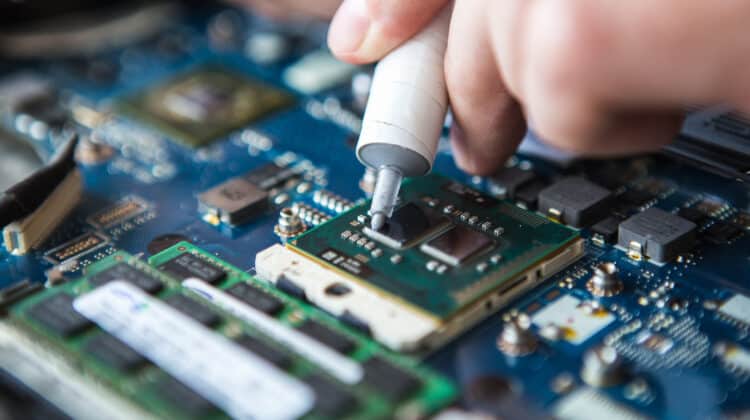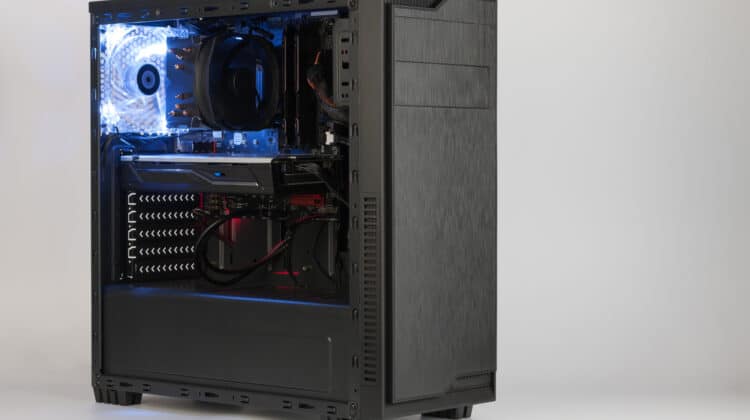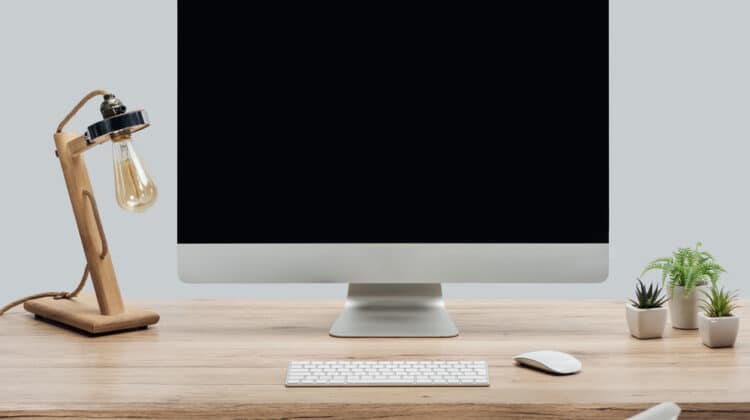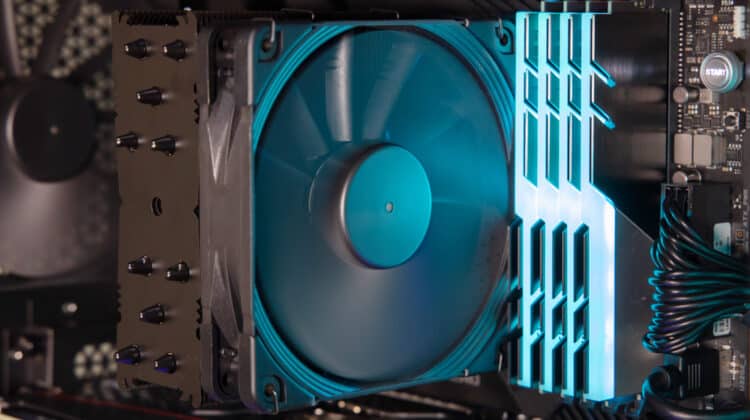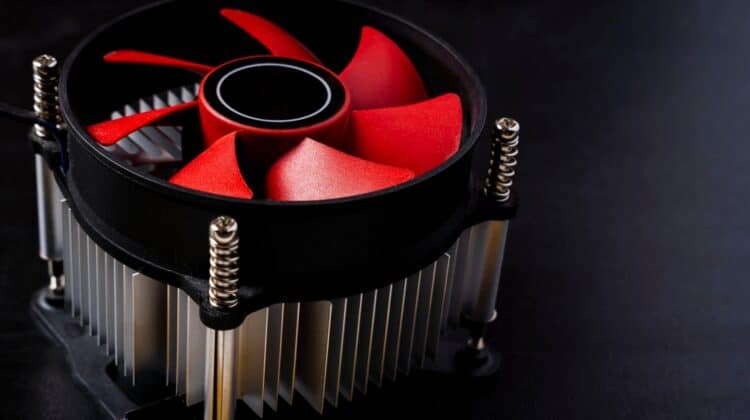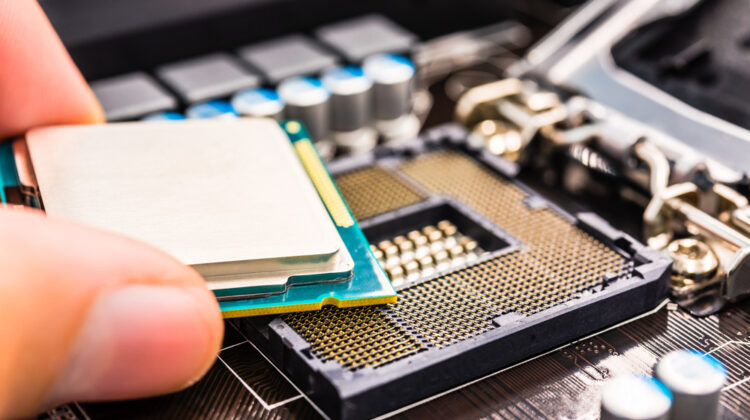
Most people find it challenging to discover whether they should leave their PC on overnight or not.
The major reason is the mixed opinions available on the internet, which becomes the primary source of confusion.
Should you leave your PC on overnight?
Is It Bad To Leave Your PC On Overnight?

There is no issue in leaving a PC on overnight.
However, if you will not be using the computer the following day, it is good practice to turn the system off.
How often you use the computer should dictate how often you turn off the system.
Constantly turning a computer on and off is very stressful to the system and can shorten its lifespan.
Therefore, it’s best to turn the computer off if you won’t be using it within the day.
If you leave your computer on all the time, it’s still a good practice to turn it off occasionally for reasons such as noise, electricity usage, and overall computer performance.
Pros Of Leaving Your PC On Overnight

1. Convenience
The significant benefit of keeping the PC on overnight is the ease of use.
When your PC remains on overnight, you will be able to easily access it whenever there is an urgent need for connection to the PC, either for a quick zoom call, replying to a message, etc.
People using old PCs also prefer keeping them on overnight since their PCs take much more time to open.
The time required for a computer to start might result in a delay from their side to any urgent task that needs to be done from a PC.
2. Downloading Heavy Files
Nighttime is primarily ideal for downloading large files.
During this time, the internet also runs at its full potential and there are no major tasks required to be done from the PC.
Downloading large files can also slow down the computer, which can be frustrating, especially if it is used for other tasks simultaneously.
The internet speed might not be great during the day, resulting in a delayed or failed download.
Downloading large files requires more time, even if the internet performs to its full potential
This makes it convenient for most people to keep the PC on overnight for downloading purposes.
3. Easy To Access Remotely
One of the major benefits of keeping the PC on is remote accessibility.
Most people have their PCs connected to devices that require software to operate.
This makes it necessary for them to keep their PCs connected.
Remote accessibility also allows you to use the PC data anywhere via the internet.
This makes it easy for people to carry on their work even if they are not at home during the night.
This feature is also beneficial for you if you run a dedicated server through your computer.
The PC will allow the server to run smoothly with the additional benefit of remote access.
4. Rendering
If you are a video editor or cinematographer, you already know the time required for rendering.
Rendering is converting the coded information into a content form that is easily editable via software.
The time required for this process is considerably ample, which lies somewhere between six and eight hours for average-sized content rendered on a fast PC.
The time required for rendering varies and might be even more if you use an average PC with lesser features.
Similar to downloading, the process of rendering might slow a bit if you are performing other activities at the same time.
Due to this, most professionals carry out the rendering job at night.
5. Updates
Another major benefit of keeping your PC on at night is the updates.
Most system and application updates are available at night and automatically start the updating process when you leave it on overnight.
Like the system updates, data backups are also carried out during the night most of the time.
This can consume a lot of time and should be allowed only when no other activity is carried out on the system.
Windows update consumes a lot of time as well.
The system also turns on and off during the process, which leaves no option but to allow it overnight.
Cons Of Leaving Your PC On Overnight

1. Wastage Of Electricity
One of the primary reasons you should avoid leaving your PC on overnight all the time is the massive electricity consumption.
Depending on your machine and power supply, the electricity consumption can cause variable damage to your monthly budget.
Considering the loss of electricity and huge power bills, it is always better to bear some time loss while the PC turns on rather than leaving it on.
2. Power Surges
Sudden power surges or the fluctuation in voltage can cause damage to your computer’s power supply.
You might even face a loss to your motherboard or the computer’s internal hardware when there are irregular voltage fluctuations within a short time.
Power surges are not a big issue for you if your computer is connected to a surge protector.
You can also use a voltage stabilizer if you have doubts about voltage fluctuation during the nighttime.
3. Large Noise
Noise and light of the PC is a major issue, especially when you have your PC in your bedroom.
The considerable noise can cause disturbance while you sleep.
You might even feel the sound is louder at night since it is much quieter and more peaceful at night.
4. Less PCs Performance
You will realize a decrease in the performance of your PC when you make a habit of not shutting it down.
Although updates will make the applications perform at their maximum potential, the hardware will surely face wear and tear.
When the PC remains on overnight, the computer’s hardware components will run constantly.
This won’t give them time to cool down and the heat will indeed reduce the performance.
5. Reduced Lifespan
Constant running of the PC will result in internal dust build-ups, resulting in a reduced life.
Also, the lifespan of the monitor will be significantly affected since it is always better to give it a break at constant intervals.
Should We Keep The PC In Sleep Mode Overnight?

Sleep mode is an excellent option for your PC if there is no activity carried out.
The sleep mode does not completely shut down the PC but reduces the power consumption by taking all the applications to sleep.
All the downloads will pause in the background and the applications won’t do any activity during the sleep mode.
This makes sleep mode better for people looking to reduce PC power consumption but want to start it immediately when required.
What Is The Hibernate Mode?

Most people consider Hibernate mode similar to the sleep mode, which is not the case.
Although both the methods resemble in some ways, they still have some dissimilarities.
In Hibernate mode, the computer saves all the data on the hard drive instead of saving it to the RAM.
This makes the PC shut off completely, resulting in no power consumption.
You will be able to access the computer from where you left off once you exit the hibernate mode.
However, the computer will require much more time to restart than the sleep mode.
How To Apply Hibernate Mode On A Windows PC

Putting a PC on a hibernate mode is not a difficult task.
It is just that most people are not aware of this mode since the option is not available within the start menu.
There are multiple options that you can utilize with this hibernate mode.
You can change the settings that will make your computer transfer to the hibernate mode after it goes to sleep when there is no action on the screen.
Also, you can convert the shutdown mode to hibernate.
The decision entirely depends on your personal preference.
Here is how you can apply the hibernate mode in different ways.
1. Hibernate After Sleep
The first way is to set the time after which the computer can enter the hibernate mode once the screen sleeps.
Take the following steps to set the time.
- Access the Control Panel by searching or via main settings.
- Go to Hardware and Sound.
- Click Power Options.
- Select Change Plan Settings from the new window. (The option is available beside the Balanced suggestion.)
- Choose the time from the dropdown according to your personal preferences.
After you set the time for the hibernate mode, the computer will automatically enter the hibernate mode once the maximum time limit reaches.
2. Hibernate With Power Button
Take the following steps to convert the shutdown button of your PC to hibernate.
- Enter the main Settings of the computer by searching for it in the start menu.
- Search Power and Sleep and enter the new menu
- Click Additional Power Settings present on the left menu.
- From the new window, tap Choose What The Power Button Does.
- Select Hibernate from the dropdown present beside the When I Press The Power Button option
After taking these steps, restart the PC and confirm the hibernation mode availability by selecting the power button.
Can We Keep The Computer On All The Time?

Keeping the computer on all the time is not a good practice.
Although you can constantly keep it on for 24 hours, making it a habit is not preferred.
The computer will heat up a lot and the internal heat recovery devices will surely end up with a failure.
Also, the built-in dust and the constant working of the internal components will reduce the lifespan of your computer.
Never shutting down your computer is not a bad idea.
How Long Can We Keep The Computer On?

There is no ideal time for your PC to remain on.
However, you can keep it on until there is no significant heat generation from the internal part of the computer.
Typically, most computer devices will work fine for up to three days without malfunctions.
But once you ignore too much heat generation, the computer might completely shut down due to overheating.
Too much noise from the processor is also an indication that your computer needs to cool down a bit.
You need to keep an eye on these symptoms when using the computer for long hours.
Otherwise, you might end up facing problems with your computer.
Tips To Take Care Of Your PC

Like most other electronic devices, a PC requires good care and special attention to last long.
Most people pay no attention to it and end up ruining the performance or even the life span of their PC.
Here are some tips to take care of your PC and improve its life.
1. Give It A Break
Running the PC for long hours is one of most major mistakes people make.
This results in too much heat generation, which becomes the reason for the reduced life span of the hardware components.
Longer work hours also cause malfunctioning of the cooling system of the computer.
The power cooling fan and the heat-removing device fail to perform to their full potential, which becomes the reason for the failure of the motherboard and other components in a shorter period.
Even if you use the computer for more extended hours or leave it on overnight, you should not avoid giving it breaks at constant intervals.
2. Upgrade The Operating System
Upgrading the Windows requires time that includes constant restart of the PC for a considerable period.
Due to this, most people ignore the updates and keep running the computer on their previous operating systems.
The older versions of the operating systems reduce the PC’s performance, hence reducing the lifespan as well.
The updates are also designed to meet the latest hardware goals of applications.
This means your hardware components are also affected if you ignore the updates.
3. Connect The Wires Correctly
Proper organization of the wires is also necessary to improve the performance of the computers.
Also, you should keep them clean by protecting them from any dust that might arise.
The dust might transfer to the internal part of the computer through wires that can reduce the computer’s lifespan.
To keep the wires more organized, it is better to have connections of wires done from different wired colors.
This will give you a better idea of how the ideal connections should be made.
4. Keep It Dust Protected
Another primary reason that might reduce the lifespan of the wire is the dust.
Dust can be built in very quickly, failing the hardware components in less time.
Keep the computer in a dust-free place to avoid any issues.
Also, you should make a habit of cleaning the desktop and monitor regularly.
This will reduce the chances of dust building up to the inside.
For cleaning the inner part, you can remove the casing of the desktop and clean it with a small vacuum cleaner or a clean cloth.
If you don’t want to clean the inner component by yourself to avoid any failure issues, you should get the PC serviced once a month or two.
You should also make a habit of cleaning the monitor regularly.
LEDs are less dust resistant and can quickly fail to work when you don’t protect them from dust.
5. Run Antivirus
Viruses can become another significant reason for the reduced life span of your computer.
With so much data available on the internet comes the availability of different viruses.
These viruses can harm the internal software and hardware of the computer.
For this reason, it is always better to have updated antivirus software while you access the internet.
If you don’t use the internet often and use the PC for gaming, it is better to run scans regularly.
You should also scan the wireless devices before connecting them to the computer.
Any slight virus in wireless devices can corrupt your Windows, and it will end up ruining the entire installed software.
NEXT: How To Breadboard A PC (Step-By-Step)
